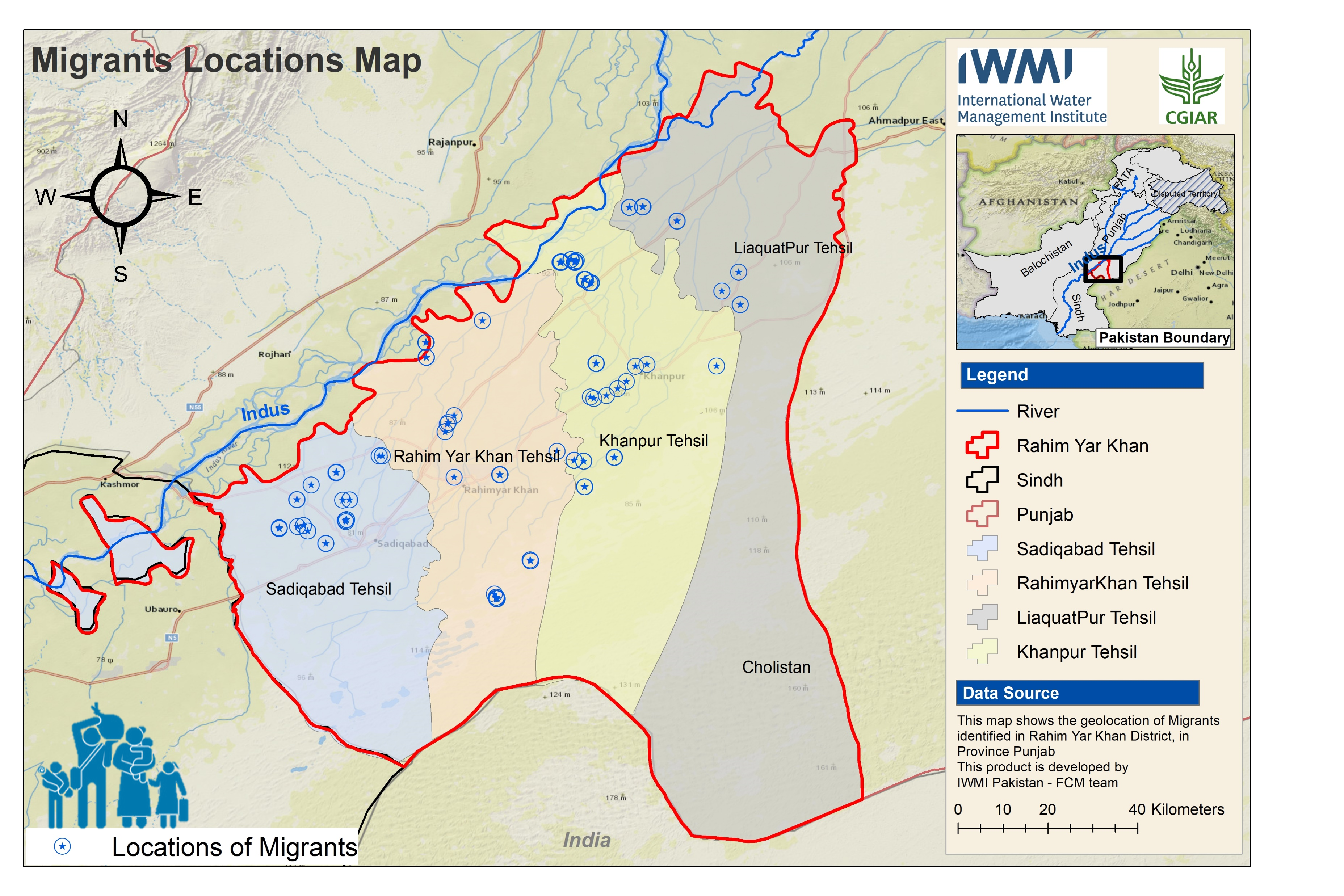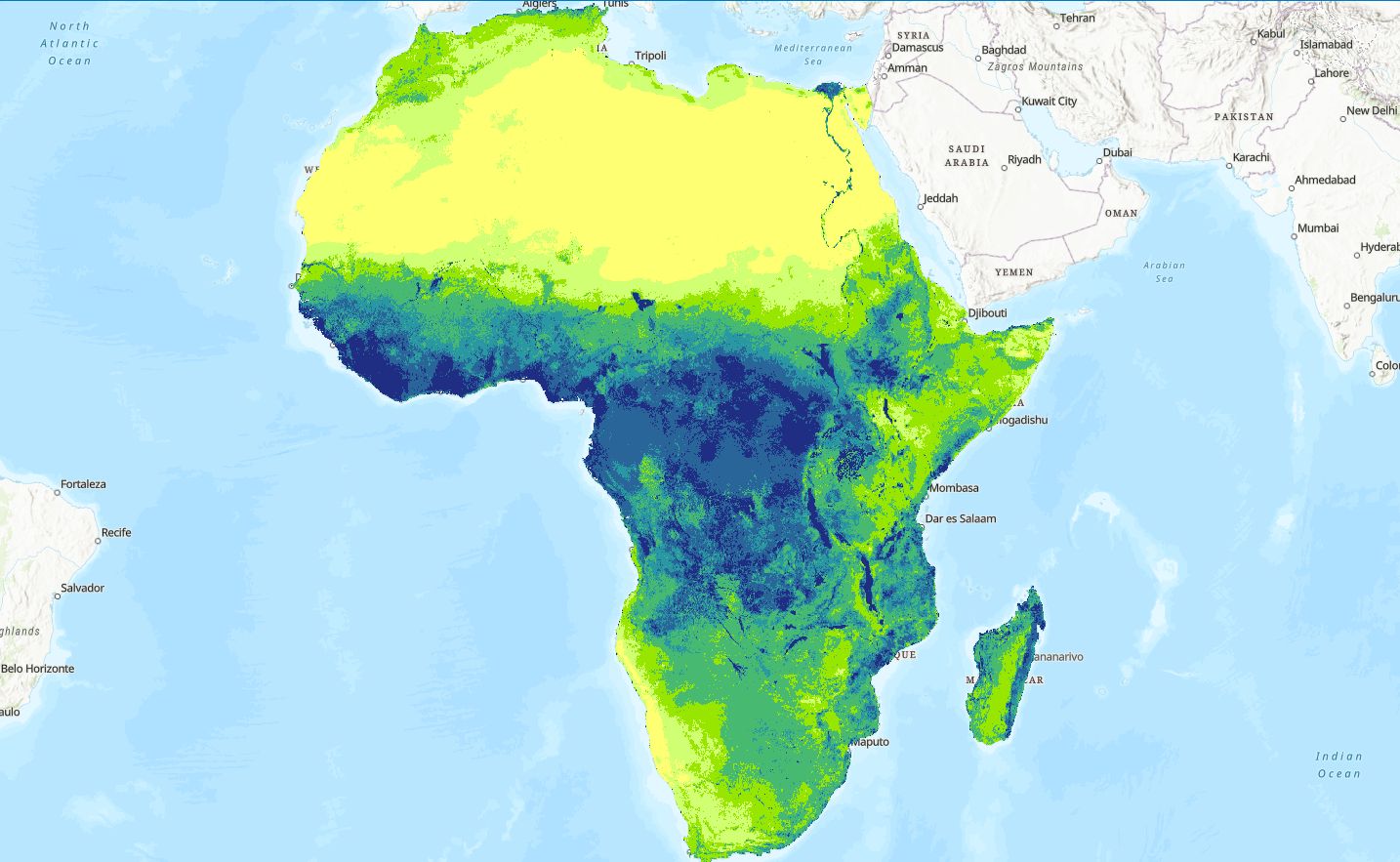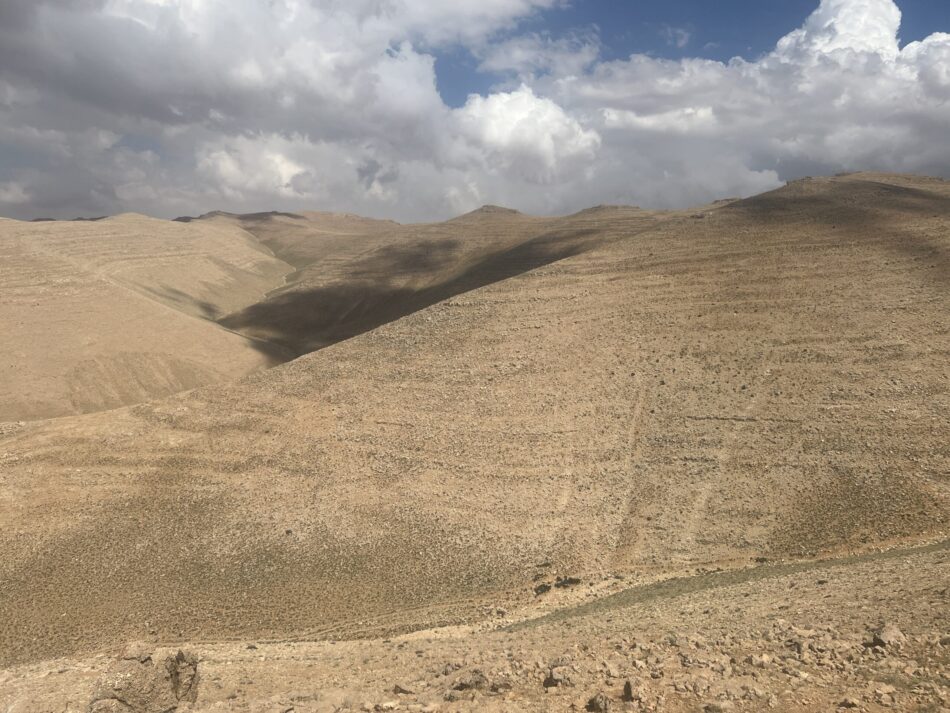Since 2005, the RUAF network has implemented global programmes towards achieving its set goal. The Cities Farming for the Future (CFF) programme was implemented between 2005 and 2008 and was followed by the From Seed to Table (FStT) programme which began in 2009.
RUAF-CFF: Urban Agriculture Policy Support
The RUAF CFF also known in Anglophone West Africa as the Urban Agriculture Policy Support Project, was led by IWMI-Ghana. The project contributed to defined development goals through the following strategic components which were implemented in an integrated manner: (Read more).
From Seed to Table
Many poor urban households engage in local production of food, food processing and vending and related activities (e.g. compost making, feed supply, etc.) as main or complementary strategies to secure food supply for their families and/or to earn some cash income.
Urban Agriculture is a noteworthy source of income and savings especially with irrigated vegetable prodcution which is often more profitable than rural-based production. The up and downstream effects of urban agriculture in the local economy can be considerable. Urban agriculture contributes to urban food supply by improving access to fresh and low priced food and raising the nutritional and health status of poor and middle income households (both of the producing families as well as of other poor families in these areas). Other benefits of urban agriculture are related to its potentials for social inclusion of disadvantaged groups, recycling of urban wastes, urban greening and improved urban micro-climates, recreational services for urban citizens, maintaining buffer zones, etc. (Read more)
Urban Agriculture and adaptation to climate change project in Accra, Ghana – 2010.
In an era of rising food prices, and with the impacts of climate change looming large, the health and quality of life of the world’s urban poor are under severe threat. Rising food prices are pushing more people into poverty and increasing their vulnerability to growing food insecurity. The urban poor having low adaptive capacity will be the most vulnerable to impacts on food production patterns and the growing frequency of extreme weather events. Urban and peri-urban agriculture (UPA) offers the potential to play a significant role in alleviating urban poverty, by combating both the rising costs of food as well as the impacts of climate change. (Read more)










